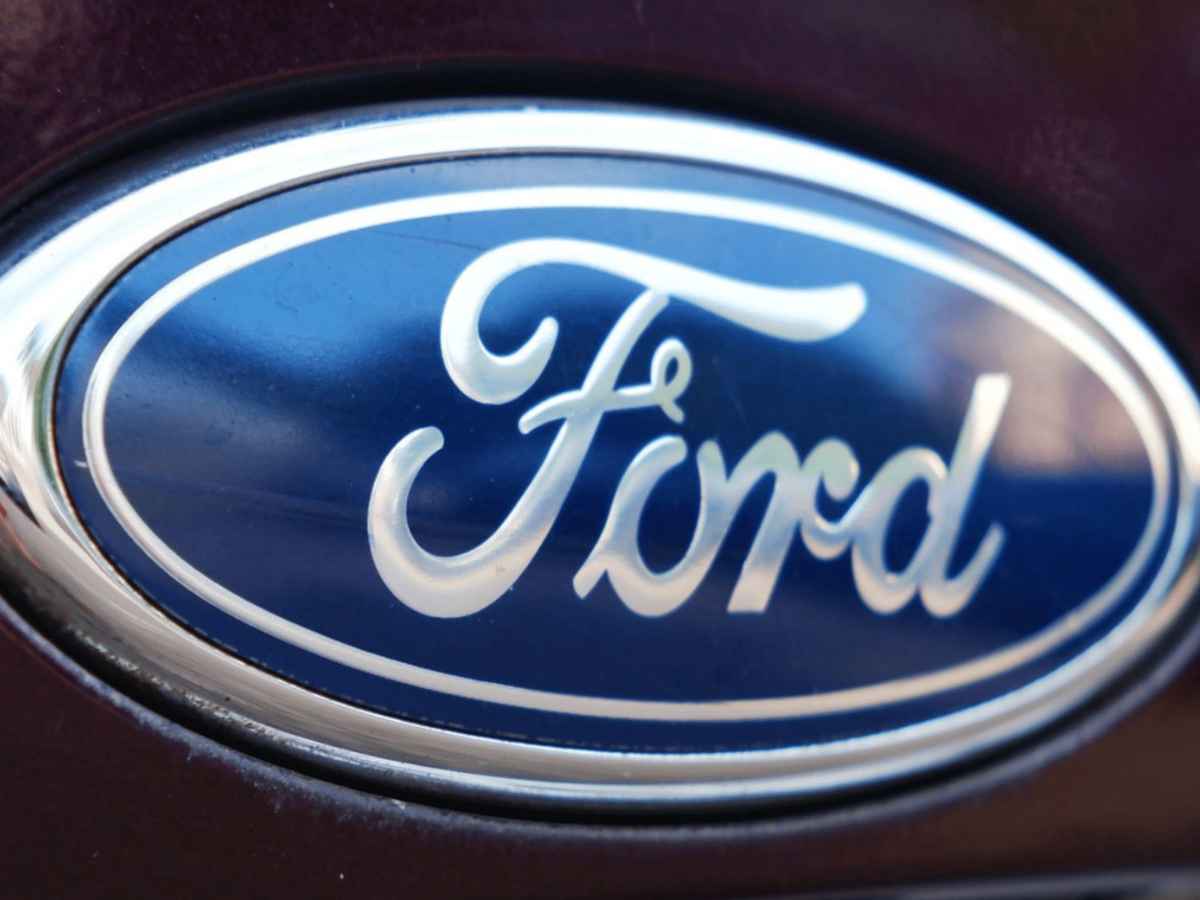A faulty seatbelt system in the Ford Expedition and Lincoln Navigator has triggered a new recall affecting over 100,000 vehicles in the United States.
The National Highway Traffic Safety Administration (NHTSA) has just published a recall notice involving more than 105,000 SUVs manufactured by Ford. The alert concerns a defect in the front seatbelt pretensioners—an essential safety mechanism designed to tighten the belt in a collision. In the affected vehicles, the system may lock up without any crash occurring, making it impossible for the belt to function properly. This, of course, could greatly increase the risk of injury during an accident.
The issue affects the Ford Expedition and Lincoln Navigator models built between 2018 and 2020. According to the recall filed on March 28, 2025, Ford began notifying owners via mail on April 14, offering inspections and part replacements free of charge.
Ford’s flaw: a system that could fail when it’s needed the most
The malfunction lies in the pretensioner system—essentially the component that secures passengers in a crash by tightening the seatbelt. In some cases, this part may seize up unexpectedly, preventing the belt from either extending or retracting. The result: a system that’s meant to save lives might not respond when it matters most.
For now, no injuries related to the malfunction have been reported. But the presence of such a flaw in a vehicle’s primary safety systems has understandably raised concerns. While it’s unlikely to trigger a full-scale class action, consumer rights advocates are keeping a close eye on the situation.
A second warning in just over a year
This isn’t the first time Ford has faced this issue. Back in February 2024, the company recalled about 77,000 vehicles—many of them the same models and production years—over a similar problem. However, many units remained unrepaired. This new campaign is, in part, an effort to address those unresolved cases.
Ford owners are advised to test their seatbelts and, if they experience issues—or haven’t received the recall letter—to schedule an appointment with a dealership. Mechanics will inspect the retractor codes and, if needed, replace the components free of charge. Customers can reference Ford’s internal campaign ID 25S31, or 25V197000 if contacting the NHTSA.
Safety isn’t optional
Whether or not lawsuits emerge, the core of the issue is this: a critical safety mechanism may not be working as it should. And when that happens, even the slightest collision could become something far more serious. Ford says it’s acting fast to correct the error and cover the cost of repairs. But for drivers, the priority is clear—if you own one of these vehicles, check now whether yours is included in the recall.

